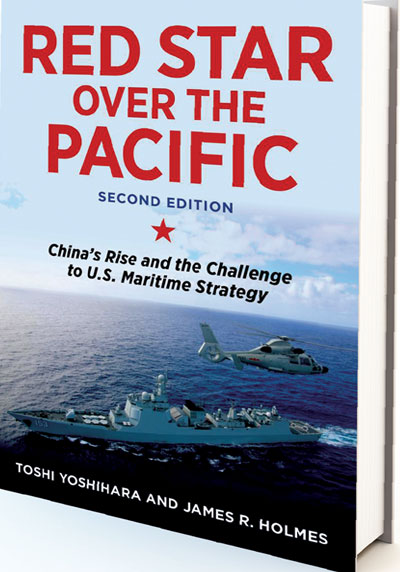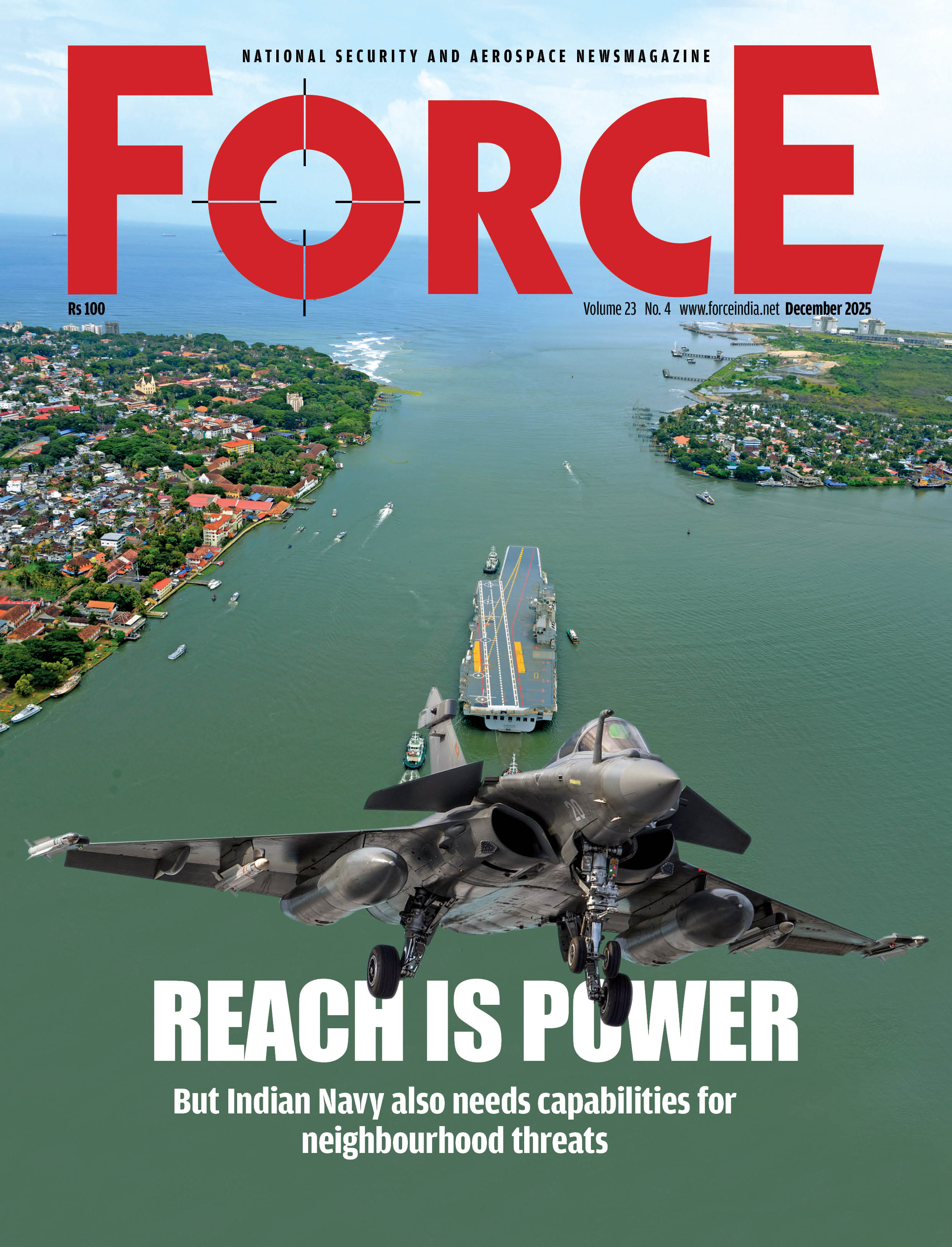Rule of the Sea
How Xi Jinping linked ocean to economic prosperity of China

On July 30, 2013, less than a year after assuming office, Xi convened a collective study session bringing together members of the Political Bureau. At the meeting he set forth his own vision for Chinese sea power. Notwithstanding the stilted prose that typifies communist directives, Xi’s message foreshadowed his policy and strategy for his first term of office. Although a full transcript is not publicly available, an official summary paraphrases the speech’s key elements. We quote the summary at length because Xi’s remarks continue to be relevant and influential. The CCP chairman first pledged to carry forward his predecessor’s aims: “The 18th Party Congress has set forth the important task for building China into a maritime power. It is of great significance to implement the important task for promoting China’s economic development in a sustainable and healthy way, safeguarding national sovereignty, security, and development interests, realizing the objective of building China into a well-off the society in an all-round way, and realizing the great rejuvenation of the Chinese nation.”
Xi viewed sea power as integral to China’s economic well-being and thence to its long-term strategic success. But there is more to maritime power than attaining concrete interests: maritime power is inseparable from China’s dream of national regeneration. Xi went on to describe the comprehensive importance of the seas: “The ocean’s function for national economic development and opening up to the world has become more important, the ocean’s place for defending national sovereignty, security, and development interests has become more prominent, the ocean’s role for the civilized building of our nation’s ecology has become more apparent, and the ocean’s strategic position for international, economic, military, and technological competition has clearly risen.”
The sea is not just an enabler for economic development but also increasingly, a cockpit for competition involving all elements of national power. Even as China engages with the world, therefore, inter-state struggles among the great powers will accompany
Subscribe To Force
Fuel Fearless Journalism with Your Yearly Subscription
SUBSCRIBE NOW
We don’t tell you how to do your job…
But we put the environment in which you do your job in perspective, so that when you step out you do so with the complete picture.







